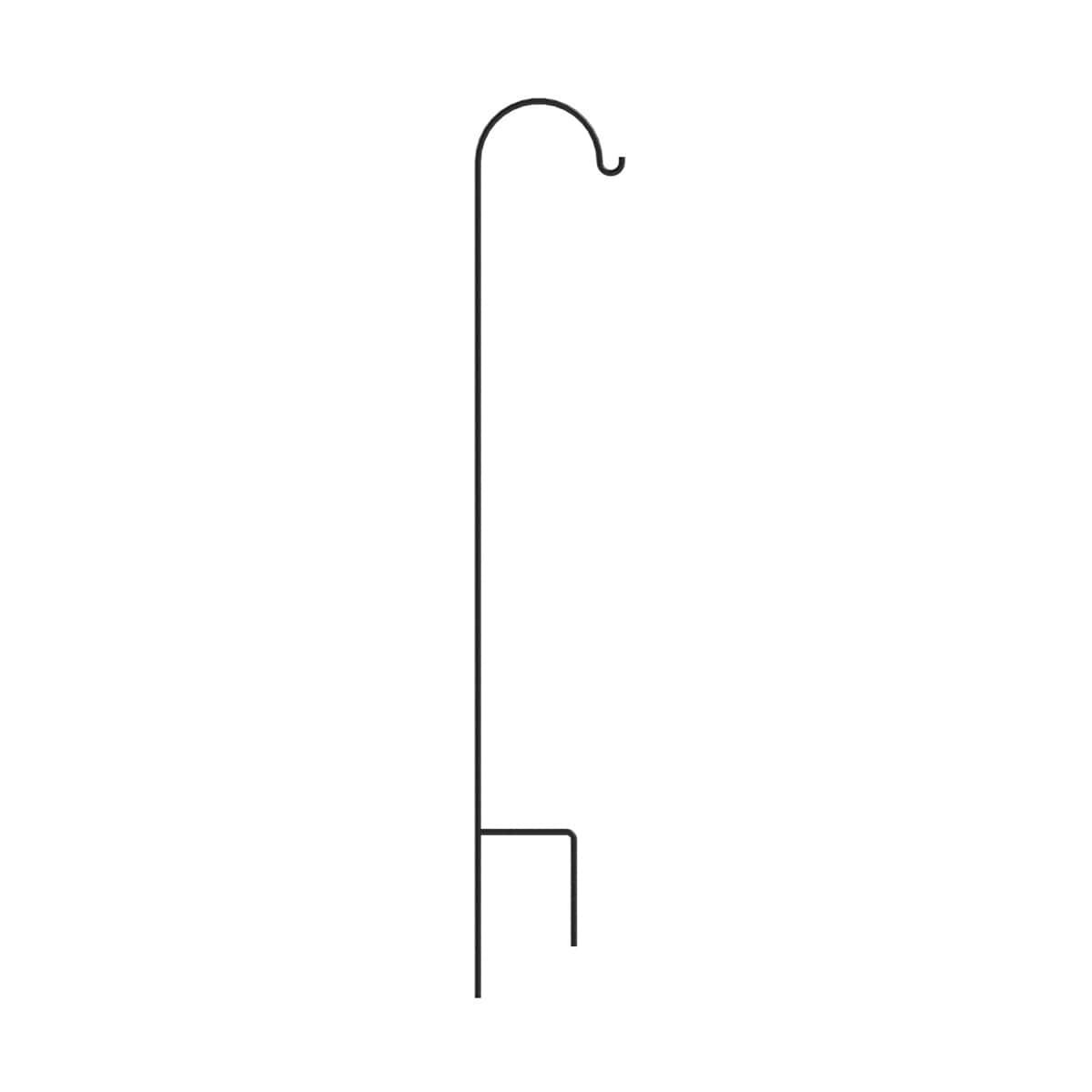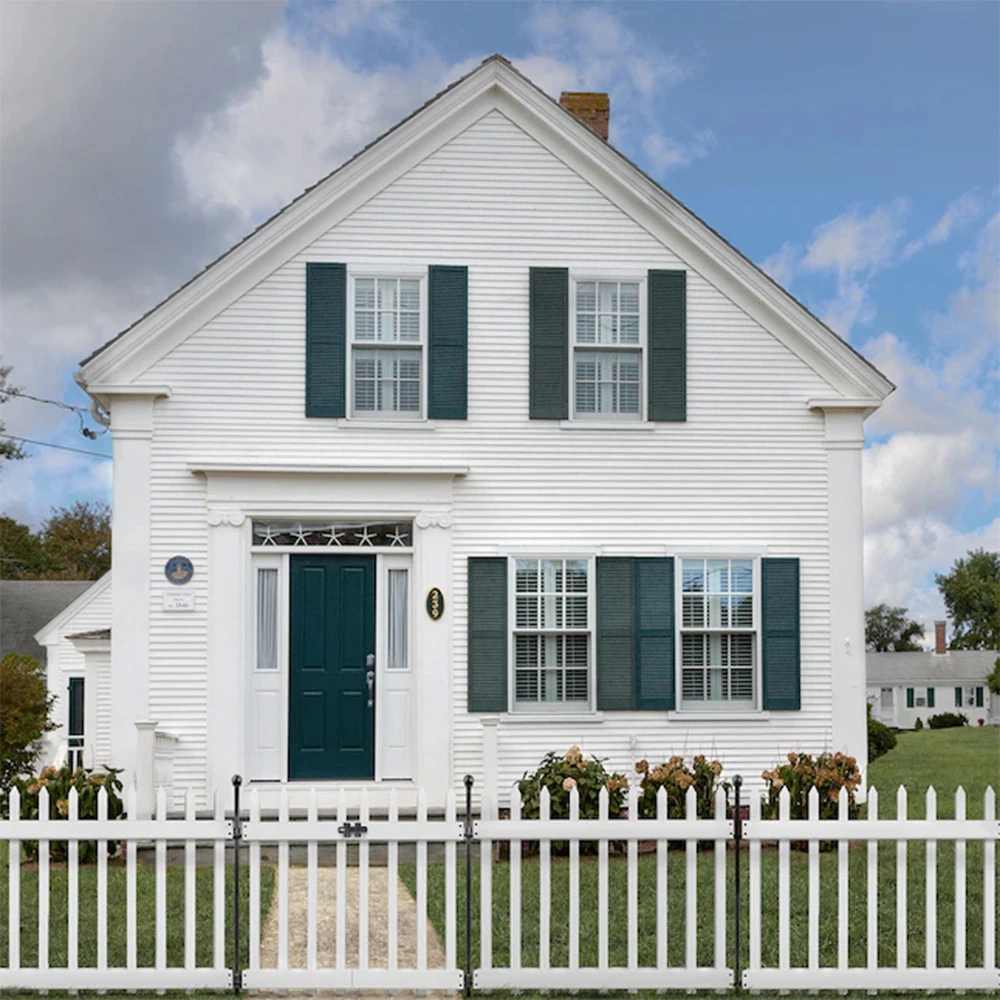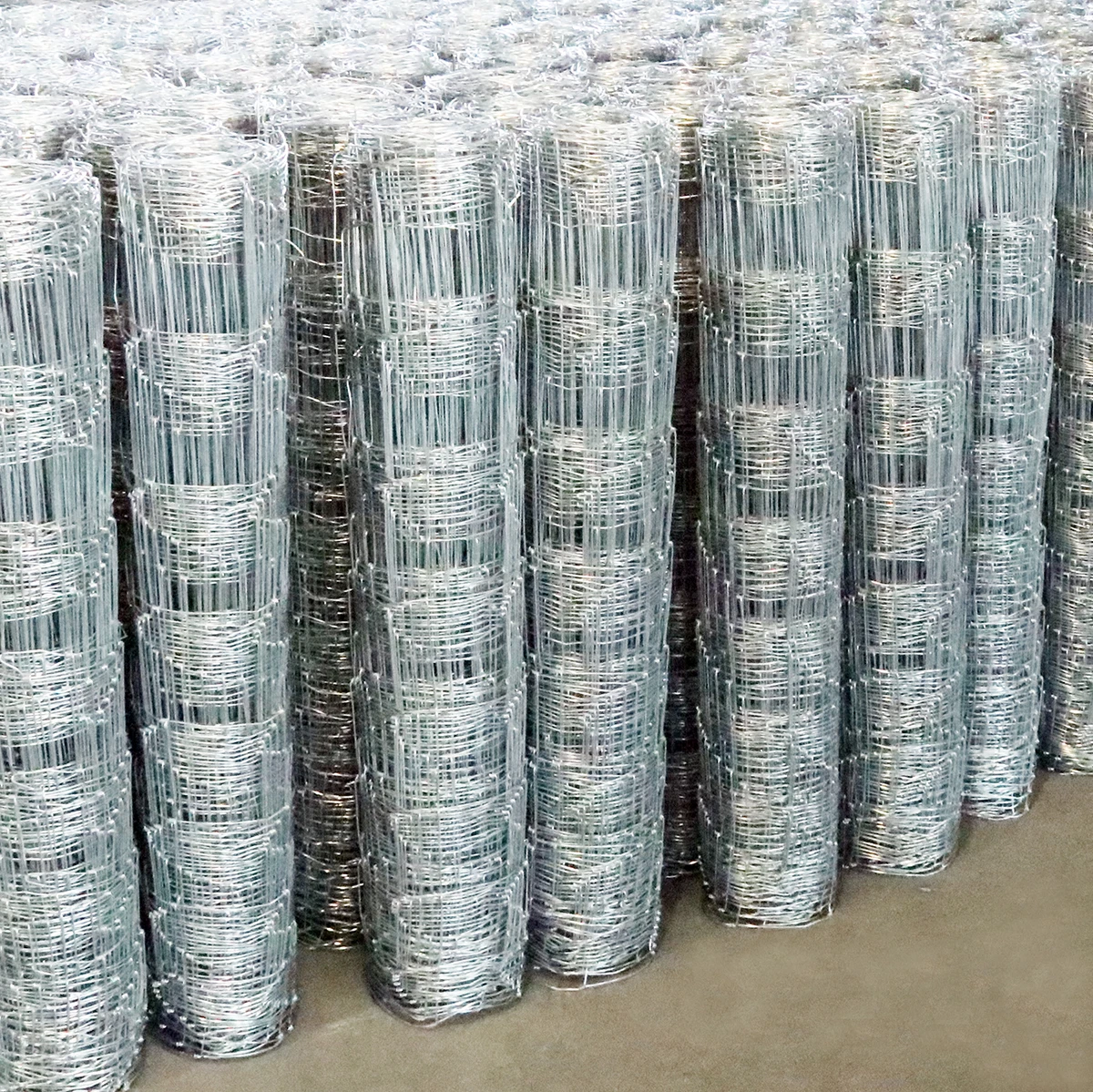different types of trailer couplers
12月 . 24, 2024 12:06
Different Types of Trailer Couplers
When it comes to towing trailers, having the right coupler is essential for ensuring safety and functionality. A trailer coupler is the device that connects a trailer to the towing vehicle, and it plays a crucial role in the overall towing system. There are various types of trailer couplers available, each designed for specific towing needs, weight capacities, and vehicle compatibility. In this article, we will explore the different types of trailer couplers, their features, and their applications.
1. Ball Couplers
Ball couplers are one of the most common types used in both light-duty and heavy-duty towing applications. They consist of a metal socket that securely attaches to a hitch ball mounted on the towing vehicle. Ball couplers are easy to use and can handle a range of weight capacities. They come in different sizes, typically 1-7/8”, 2”, and 2-5/16”, and should always match the size of the hitch ball for optimal performance.
2. Clamp-Type Couplers
Clamp-type couplers are another popular option, especially among lightweight trailers. They feature a pivoting latch that secures the coupler around the hitch ball, providing a tight fit. This type of coupler is advantageous for its simple design and fast attachment process. However, it is important to ensure the clamp mechanism is engaged properly to prevent accidental detachment while towing.
Straight tongue couplers are designed for trailers with a straight tongue that attaches directly to the towing vehicle via a ball hitch. These couplers provide a stable connection and are commonly used with flatbed trailers and utility trailers. They are available in various weight ratings and can be equipped with pins or locking mechanisms for added security.
different types of trailer couplers

4. A-Frame Couplers
A-frame couplers are typically used on A-frame trailers, characterized by their triangular frame design. These couplers mount to the apex of the A-frame and can be either a ball coupler or a gooseneck coupler, depending on the trailer's design. A-frame couplers are favored for their sturdiness and ability to handle heavier loads while maintaining excellent towing stability.
5. Gooseneck Couplers
Gooseneck trailers feature a unique coupling system that requires a specialized gooseneck hitch in the bed of a pickup truck. The coupler itself is a large, U-shaped device that connects the trailer to the hitch ball in the truck bed. Gooseneck couplers are ideal for towing larger trailers, such as horse trailers and large equipment trailers, as they offer improved weight distribution and maneuverability compared to standard ball couplers.
6. Fifth Wheel Couplers
Fifth wheel couplers are specifically designed for fifth wheel trailers, which are popular for recreational vehicles (RVs) and large trailers. This type of coupler mounts in the bed of the towing vehicle and features a hitch plate that secures the trailer kingpin. Fifth wheel couplers provide superior stability and turning capability, making them an excellent choice for heavy loads and long journeys.
Conclusion
Choosing the right trailer coupler is vital for safe towing and overall trailer performance. Each type of coupler serves a specific purpose and comes with its own set of advantages and limitations. When selecting a coupler, consider factors such as the weight of the trailer, the design of the trailer tongue, and your towing vehicle’s specifications. Always ensure that the coupler is rated for the weight you intend to tow, and regularly inspect it for any signs of wear or damage. By understanding the different types of trailer couplers, you can make an informed decision that will enhance your towing experience.









 Unity
Unity Creation
Creation Challenge
Challenge Contribution
Contribution










